 WASHINGTON, DC – “Gilbert F.” is what the boy is called in the court documents and his case, on its surface, is about whether his father should receive reimbursement for special-education services the boy received in a private school setting. But “Board of Education of the City School District of New York v. Tom F., on Behalf of Gilbert F., a Minor Child,” a dispute now before the United States Supreme Court, stands to affect many children in need of special education services, including many who are enrolled in Jewish education programs.
WASHINGTON, DC – “Gilbert F.” is what the boy is called in the court documents and his case, on its surface, is about whether his father should receive reimbursement for special-education services the boy received in a private school setting. But “Board of Education of the City School District of New York v. Tom F., on Behalf of Gilbert F., a Minor Child,” a dispute now before the United States Supreme Court, stands to affect many children in need of special education services, including many who are enrolled in Jewish education programs.
Students with disabilities are entitled by federal law to government-funded educational services. The Individuals with Disabilities Education Act (IDEA) was originally enacted in 1975 to eliminate discrimination against, or failure to adequately educate, such children.
As the law currently stands, special-education needs are to be provided within existing public schools. However, if an independent hearing officer or court finds that a school district’s program does not suit a particular student, the child may be placed in a private school to receive the necessary educational services, at the government’s expense. Since the evaluation process can be lengthy, some parents opt to place their child in a private school, paying tuition out of pocket; if they eventually prevail in demonstrating the inappropriateness of the public school placement, they are entitled to reimbursement of the tuition costs incurred.
“Gilbert F.” received special educational services in a private school and his parents are seeking reimbursement of the costs. The New York City Board of Education, however, challenged that claim on the grounds that the boy had not previously received services in a public school – something the Board of Education asserts is required by a 1997 amendment to the IDEA. The Board’s position was vindicated by a U.S. District Court in January, 2005.
However, in another recent case, that of “Frank G.,” the U.S. Court of Appeals for the Second Circuit ruled otherwise. The court held that the IDEA does not preclude reimbursement of private school tuition even in a case where the student had not received any special education services from the school district itself. All that matters, said that court, is that the parent must demonstrate that the district’s proposed placement would have been inappropriate.
With the issue now before the U.S. Supreme Court, Agudath Israel of America has filed an amicus curiae (“friend of the court”) brief urging the Supreme Court to reject the Board of Education’s position.
The brief argues that requiring a special needs child to “suffer through an inappropriate public school placement as a prerequisite to tuition reimbursement” for a parent’s placing of a child in an appropriate private school environment would constitute an “absurd result.”
“The entire premise of the IDEA,” it asserts, “is that children with special needs, even more so than mainstream children, require an educational setting that is appropriate for their specific circumstances. Getting it wrong could have far-reaching detrimental consequences for the healthy development of the child.”
Agudath Israel further argues that the language of the 1997 amendment does not imply that for parents to receive reimbursement for special-ed services in a private school their child must have first attended a public school program. Rather, asserts the Agudath Israel brief, “any form of special education… services” that were “previously received through a public agency” suffice to qualify parents for reimbursements – even services that may have been furnished in a private school setting.
Rabbi Chaim Dovid Zwiebel, Agudath Israel’s executive vice president for government and public affairs and principal author of the amicus curiae brief, notes that the High Court’s eventual ruling, expected late this calendar year or early next, could have a significant impact on many Orthodox Jewish families with special needs children.
“Paying the costs for special-ed programs in Jewish schools,” explains Rabbi Zwiebel, “is very difficult and stressful for such families. Their children are entitled to government aid for their educations, and the parents should be able to receive reimbursement, at least for the costs of secular special-ed services, without being forced to jump through an inappropriate and potentially harmful public school hoop.”


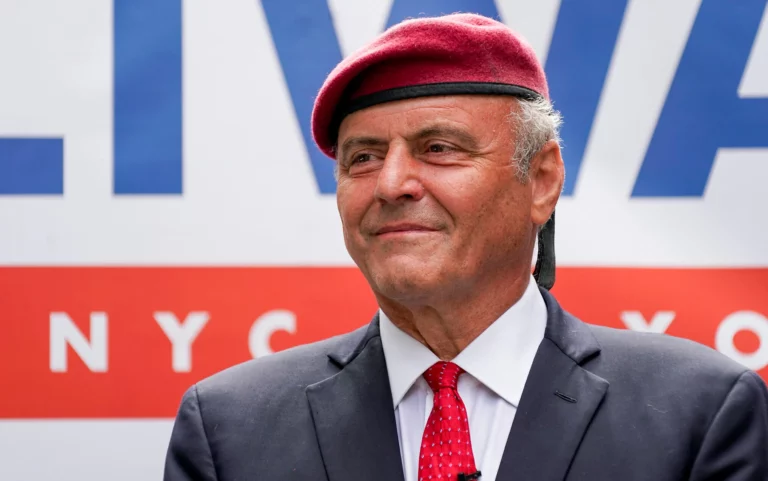
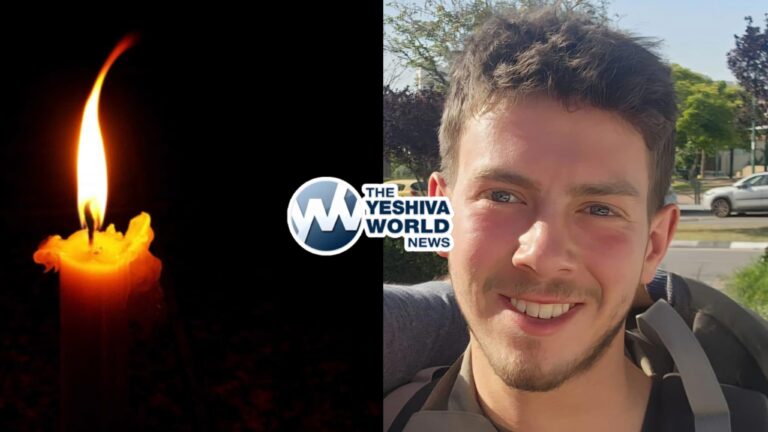

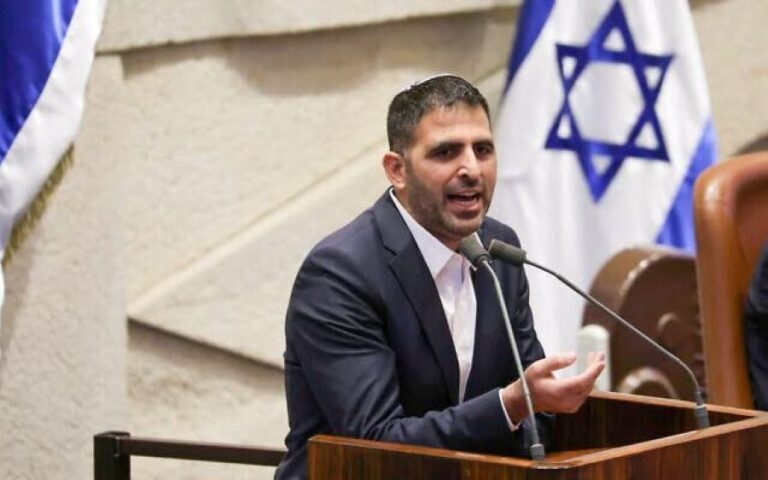
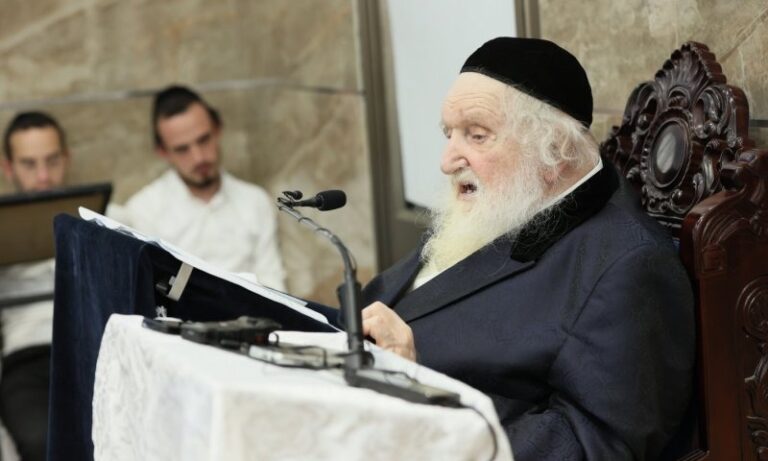
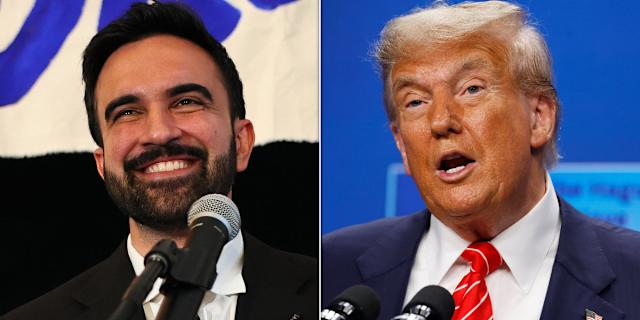
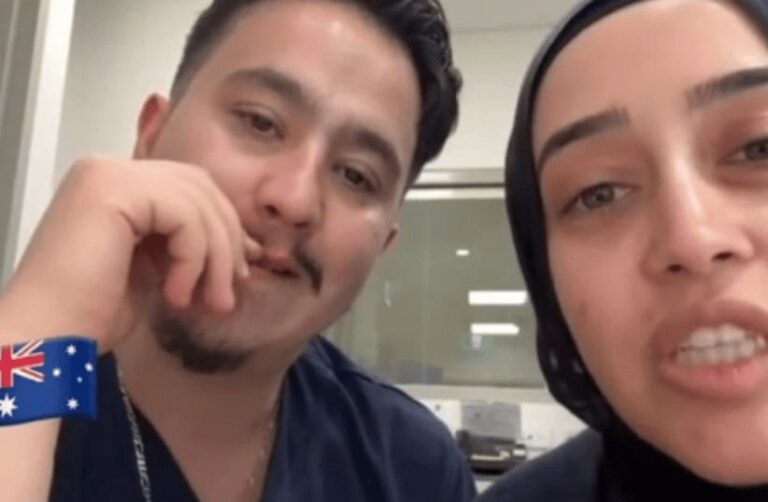

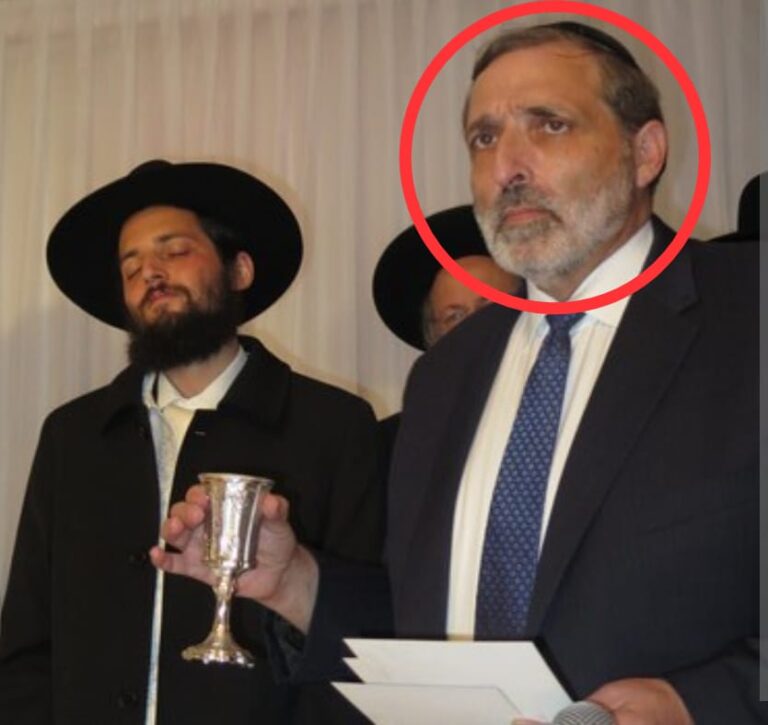
2 Responses
Ruling To Benefit Disabled Kids
U.S. Appeals Court says students entitled to reimbursement for special education expenses.
A little-noticed federal court decision is expected to benefit parents of private school students with disabilities who seek reimbursement for special education expenses from public school districts.
The U.S. Court of Appeals for the Second Circuit, in Manhattan, has ruled that school boards must continue to reimburse parents for such expenses, even if a child has never attended public school.
The justices noted that the Individuals with Disabilities Education Act, passed in 1990, is intended to ensure equal access to special education for all children, and does not specify whether the child ever attended public school.
“This is of extreme importance to children with special needs who attend a private school or yeshiva,” says Aaron Tyk, an attorney in Brooklyn who has represented hundreds of parents in cases pitting them against school board bureaucracies.
He noted that the ruling affirms that if a school district is unable to provide an appropriate setting for each child, it is the district’s legal responsibility to reimburse parents for the cost of their unilateral placement.
“The impact of this case is that parents of children in private schools who have never attended public school and have a private school placement can now receive reimbursement for services just like children who attend a public school.”
The July 27 ruling stems from a case brought by Frank G. and Diane G., whose full names are not disclosed in legal papers, parents of a student identified only as Anthony. The parents sought reimbursement from school officials in Hyde Park, N.Y., in 2004, and the case wound its way through lower courts before it ended up before the federal tribunal.
Diagnosed with attention deficit disorder and hyperactivity disorder, Anthony had been placed by his parents in parochial schools for kindergarten and nursery school. In grade school, the parents sought resources and services based on his individualized educational program.
“The district in essence refused to provide services for him unless he enrolled in public school,” said Mark Reisman, one of the attorneys who represented the parents, who went to court to obtain both tuition reimbursement and the provision of services at the district’s expense at the site where the child was enrolled.
“Our contention was that the school district had not provided adequate education for the child’s individual needs and that the setting [the parents] found was more appropriate,” said Reisman.
In the course of evaluation hearings, Reisman said, the school district admitted that it had not provided appropriate placement for Anthony because he needed a small classroom setting.
“Even after it agreed that it had not provided an appropriate placement for the child they would not agree to provide tuition reimbursement and would not agree to provide services at his private school,” said Reisman. The latter part later became a moot issue because the child was eventually enrolled in a public school.
Anthony’s parents were awarded $3,660 in tuition reimbursement as well as $35,000 in legal costs.
Reisman believes the ruling is significant to parents of special education students because of “the extensive discussion by the court of appeals as to what type of placement by a parent is appropriate in a situation where it is found that the school district and public school did not offer an appropriate placement.”
The court found, he added, that “as long as parents give the school district fair notice that they want it to provide appropriate services and that they intend to give the school district an opportunity to do that the parents do not first have to enroll a child in public school and have the child fail in that setting.”
Only the U.S. Supreme Court can now overturn the Second Circuit ruling. The school district is expected to decide this week whether to file an application for an appeal before the high court.
While the case was pending, many school boards that faced the heavy burden of tuition reimbursement for special education expenses for private school are widely believed to have prolonged cases or outright refused settlements, hoping a ruling for the defendants would set a precedent against the payments.
School districts in heavily Orthodox areas, such as the Five Towns in Long Island, are particularly besieged by reimbursement claims, which was a key issue in the recent Lawrence school board election in May, resulting in the election of a new board in which private-school parents are a majority.
“Attorneys hired by the districts were using this as a ploy to convince the school districts not to settle,” said Chaim F., a Long Island parent of a child needing special education services, who asked that his real name not be used to protect his family’s privacy. “They may have taken a very hard line while this decision was in the courts.”
Faced with a tuition bill in excess of $20,000 for one child, Chaim and his lawyer hoped to get about half of it back from the Lawrence school district — the cost of the secular studies portion of the school day since government cannot fund religious instruction. (Some argue that the full cost of tuition should be reimbursed because students are unable to enroll in yeshivas for a half-day curriculum).
The appeals court ruling “is probably very advantageous to anyone who has to go up against a school district, which can be very scary. They can bring up all kinds of highly trained professionals at a hearing. All you have is a parent advocate, who is another parent or a member of the PTA.”
If the ruling makes school district officials less eager to litigate, “it will give an opportunity to a lot of parents who can’t afford to lay out $3,000 to $7,000 for an attorney who wants the fee up front. It could allow a lot of parents to go in there pro se [representing themselves] and maybe be offered a settlement. Before it was hard enough with a lawyer, and impossible without.”
Rabbi Avrohom Schiff, principal of Yeshivah Ohr Torah in Borough Park, said parents of some 19 of 34 children in the school had sought reimbursement from the New York City Department of Education last year and found it particularly difficult.
“This past year they became very tough,” said Rabbi Schiff. “ In some cases they flat-out rejected [a settlement] and hired lawyers and a team of specialists. This decision makes things easier for us, because we don’t have a single child who ever attended public school.”
New York City’s Law Department has been a party to a similar case to that decided by the Second Circuit, known as the Tom F. case, which also involved a contention that children who never attended public school were not entitled to reimbursement from school districts.
“The city must now comply with the Second Circuit’s holding in Frank G., unless it is appealed to the Supreme Court,” said Tyk, the special education lawyer.
A spokeswoman for Michael Cardozo, the city’s corporation counsel, had no immediate comment.
A couple of years ago the United States Supreme Court overturned an earlier ruling stating that the burden of proof is now on the parents. Too often parents rely on the DOE to evaluate their children. The key to winning these cases is to get private evaluations and the parent willingness top pay for them.